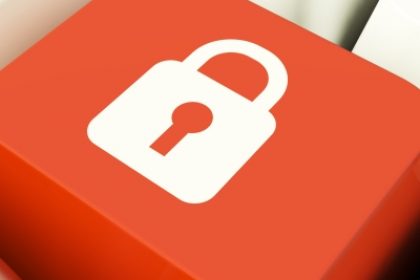
Apple has joined the growing ranks of digital services enabling two-factor authentication as a means to protect their customers from account theft. Two-factor authentication has long been a staple of secure corporate and government networks, and employs a basic mechanic of password plus a randomly-generated authentication code that is delivered to a device that you must have in your possession at the time of authentication. In the past, this device has traditionally taken the form of keychain fobs and cards whose sole purpose was to generate numeric keys constantly, but this same functionality can now be delivered through apps that are installable on smartphones, via SMS message to registered cell phones, or even via automated voice calls to your home or office phone.
What this means for you:
In Apple’s case (as with services like Gmail, Facebook, and many massive, multiplayer online games like World of Warcraft), two-factor authentication is an opt-in service, and is not enabled by default with your Apple ID/iTunes account. Enabling the extra security requires you register one or more cell phones with Apple that will receive your authentication code via SMS. Should you do this? If you use services that require an AppleID (iTunes, iCloud, Mac.com, etc.) with any frequency, and especially if you have iTunes credit banked, you should absolutely enable two-factor authentication, especially if the account is tied to a core service you rely on, such as a Mac.com email address, or iCloud for your iPhone and other Apple devices. Two-factor security makes your AppleID (or any other account like Gmail, etc.) that much harder to hack. There will be some inconvenience, especially if you are in a hurry to access your account and have to hassle with the extra security code entry, but imagine the alternative if your account is hacked.
With greater security comes less convenience, a fact of life in this digital age, and not something that will change in the foreseeable future without a significant evolution in security technology.
Image courtesy of Stuart Miles / FreeDigitalPhotos.net




